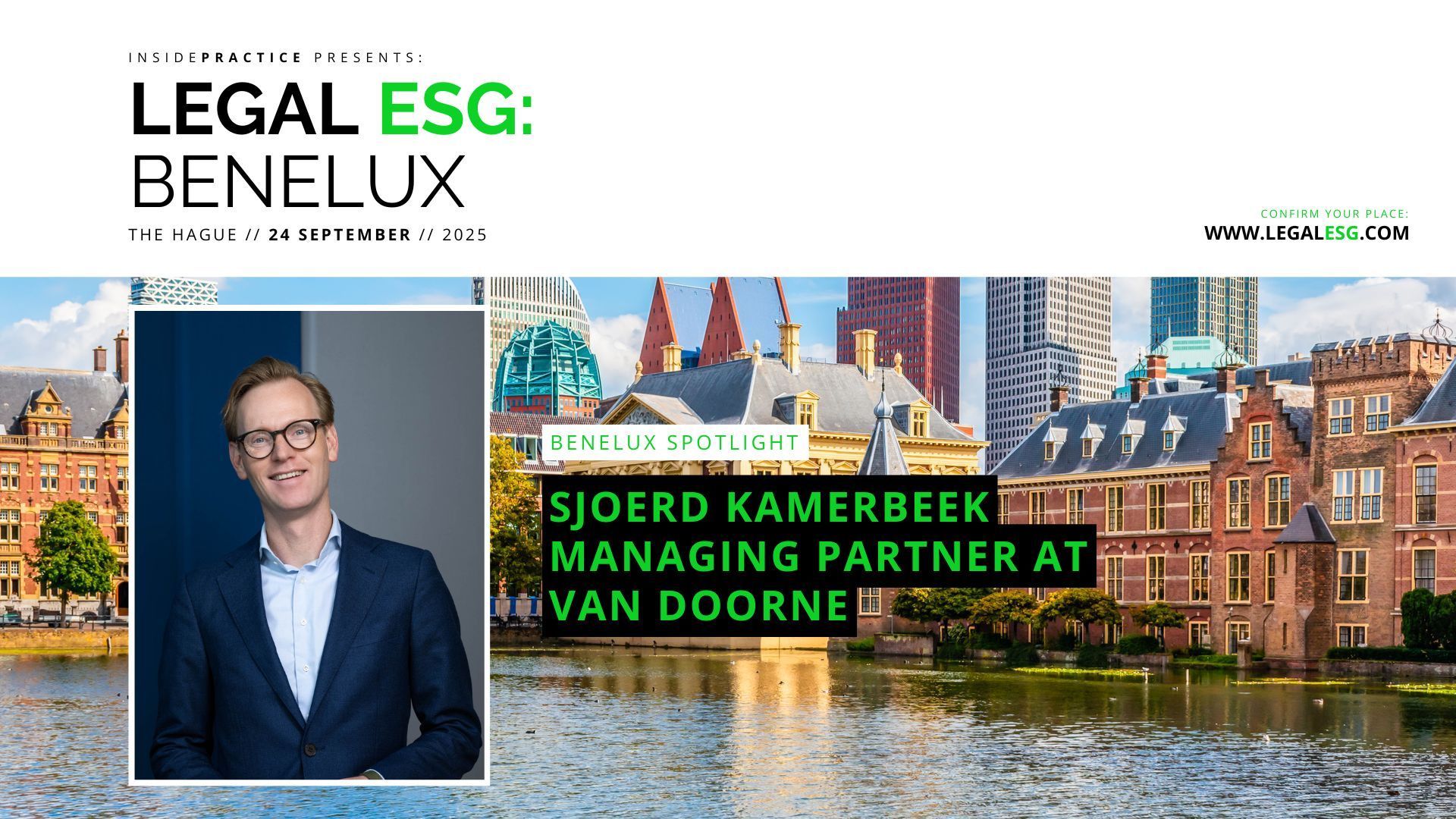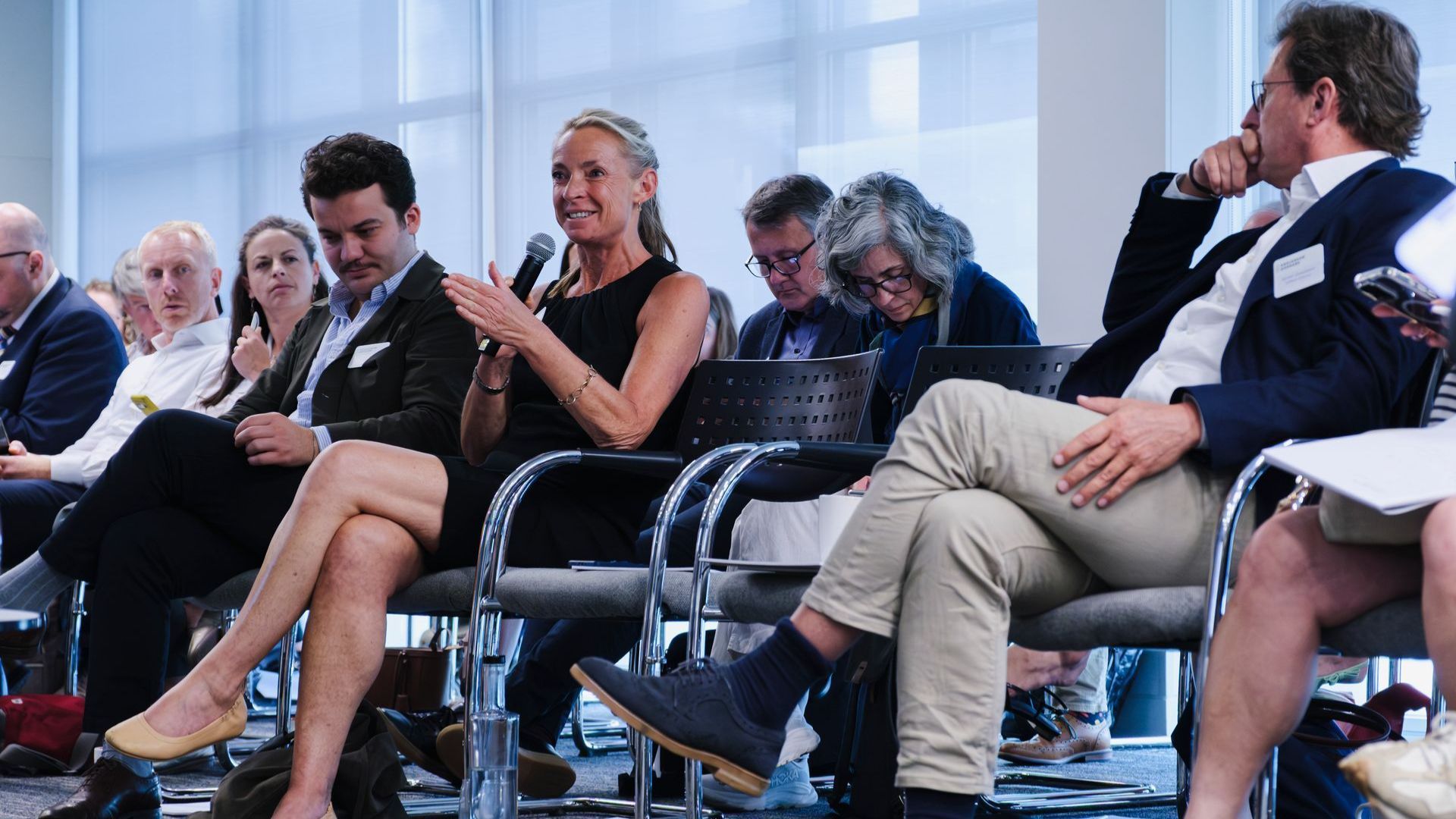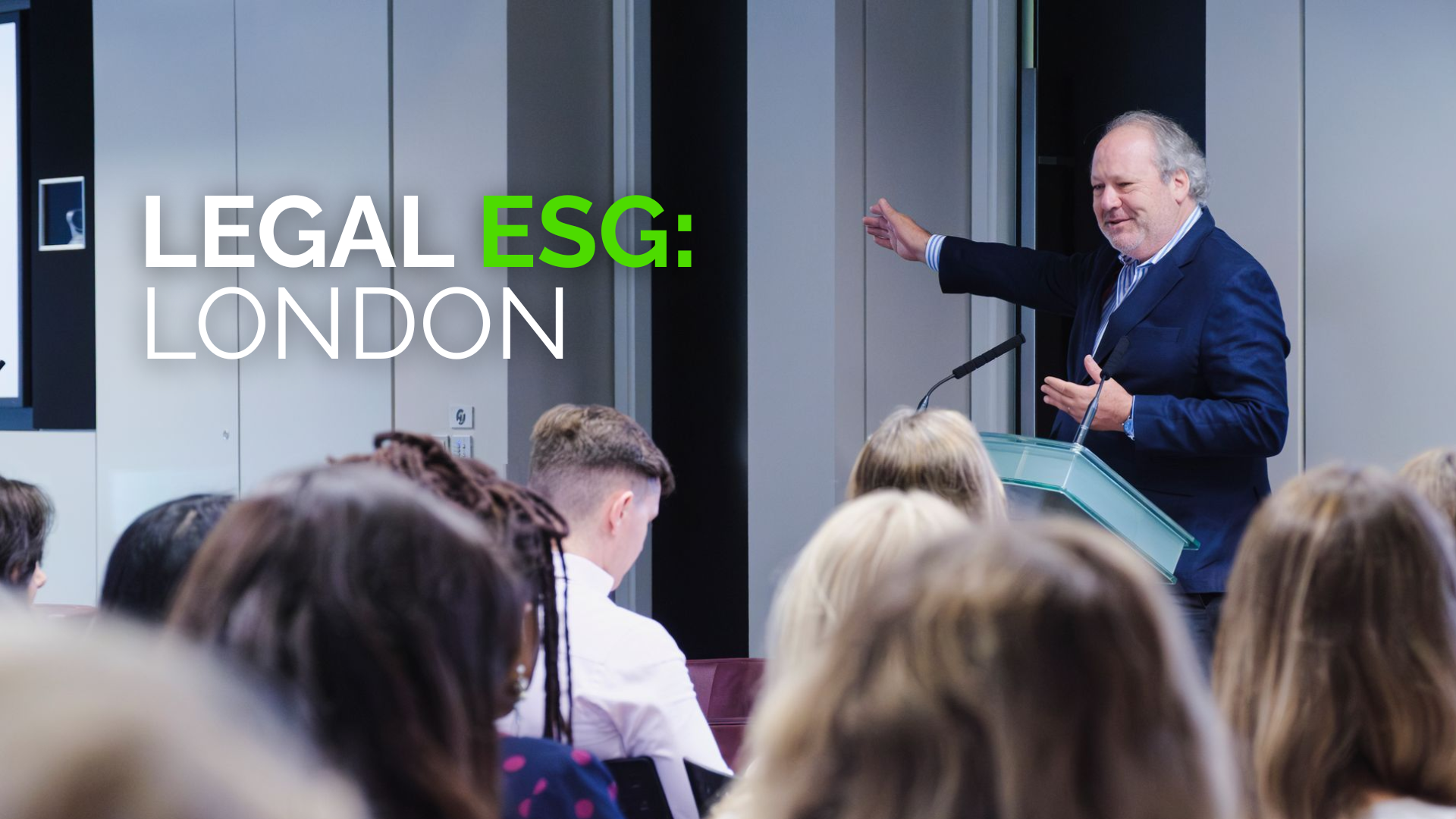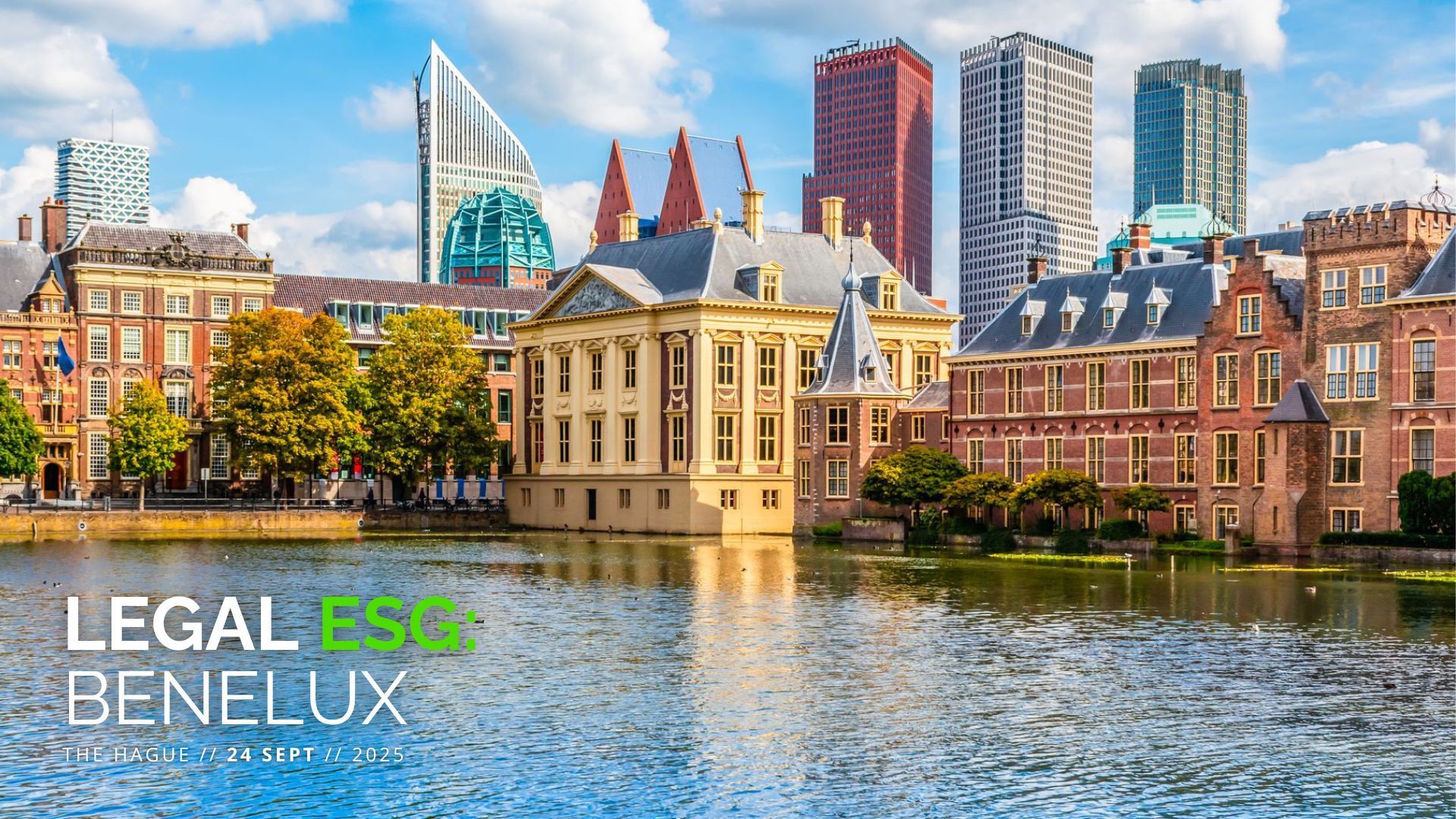Clients Are Aware of These Red Flags Within Law Firm ESG Practices
A common misperception at law firms is a "sense of immunity" that they can advise clients on ESG issues without ensuring that their own house is in order.
When the tiny activist hedge fund Engine No. 1 won a proxy fight in May and captured two seats on Exxon Mobil’s board, it crystalized the degree to which investors are embracing environmental, social and governance concerns.
A number of much more significant institutional investors, including BlackRock, Vanguard and State Street, ultimately supported the fight, stunning the largest publicly traded energy company in the world.
Law firms are paying attention, too. Pressure from investors and the political arena means that boards and general counsel are looking for ways to neutralize risks, and they are seeking outside counsel’s help. But as more law firms launch ESG practices and consider themselves experts on the subject, general counsel are increasingly aware of some red flags within Big Law practices.
One common misperception that law firms have, according to Amity Advisory founder and CEO Pamela Cone, is a “sense of immunity” that they can advise clients on these issues without ensuring that their own house is in order.
Clients are quick to note this misstep.
“Quite often, general counsels say, the difference is not really the technical legal substantive capabilities, but when they see [firms] walking the walk,” said former Baker & McKenzie global chief strategy officer Julia Hayhoe, now a consultant.
One indication that firms are getting it right, she quotes one general counsel as saying, is seeing associates taking an active role on a client team: “When there’s young talent, diverse talent, and they’re talking about their firm’s credentials in a very passionate way,” that’s a good sign, she said.
Another shift in mindset needs to take place at the leadership level, according to Cone. The firm’s ESG strategy can’t be the responsibility of a group of volunteers, nor can it be tacked onto the docket of someone in the marketing department.
“It really needs to be part of firm leadership strategy,” she said.
According to Cone, one general counsel ignores law firms’ reports on their ESG efforts and instead asks firm lawyers three questions: “Who’s in charge? To whom do they report? And is there a standing item on the board agenda?”
“The answer to those three questions tells him everything he need to know about how seriously the law firm is taking its social responsibility and sustainability programs,” she said.
Freshfields Bruckhaus & Deringer global partner for client sustainability Tim Wilkins said that he’s frequently fielding other questions from clients about Freshfields’ own strategies.
“We are seeing clients ask for your sustainability credentials, as well as we’ve seen in the past for your diversity credentials,” he said. “They’re right to ask this. Being a leader in becoming carbon neutral, I think, shows clients that we understand the challenges they’re facing as they move toward their goals of being net-zero before 2030.”
But one final mindset change for law firms, according to Cone, is recognizing that the greatest social impact they can have won’t stem from their own endeavors, but rather from the work they’re doing for clients.
“Most put out reports about pro bono, diversity and inclusion, end-of-the-year charitable giving, special programming,” she said. “That’s all immaterial compared to the impact on society of the work itself. I would love to see law firms celebrate this.”
INSIGHTS:










